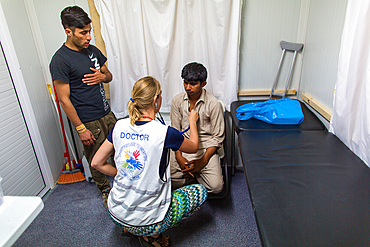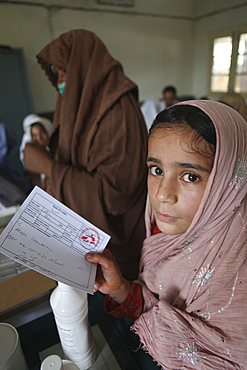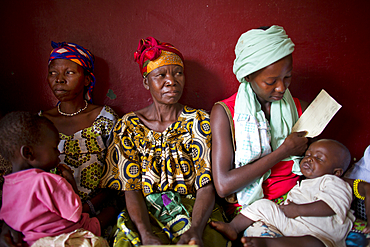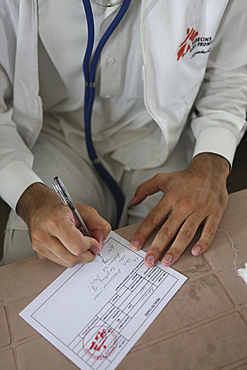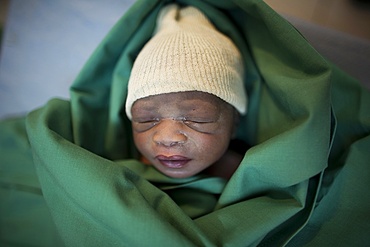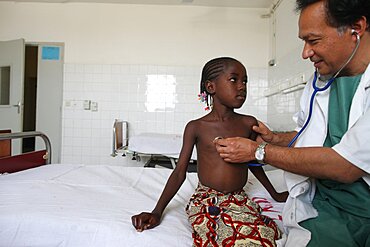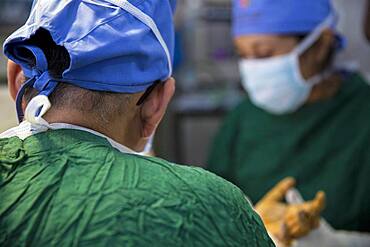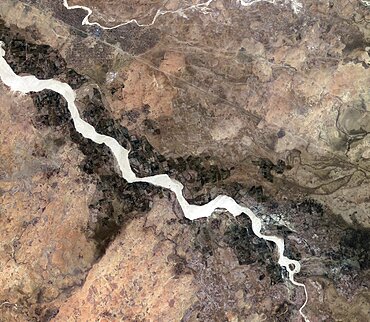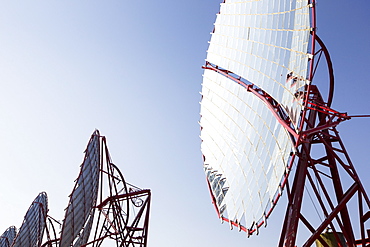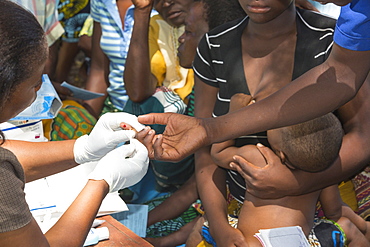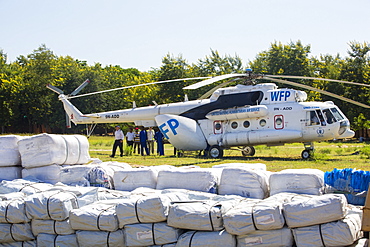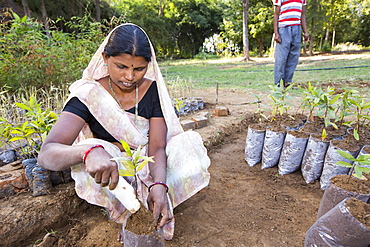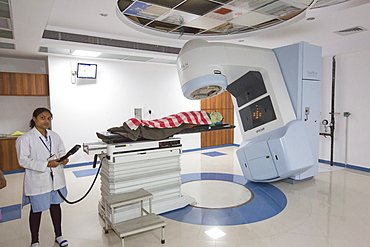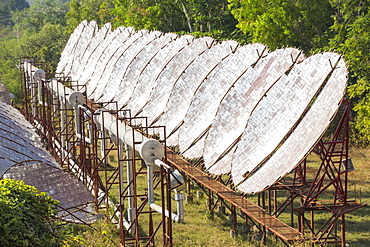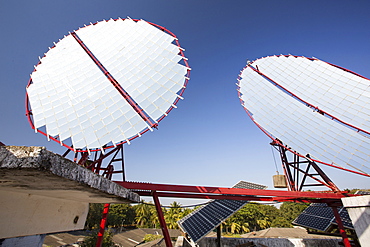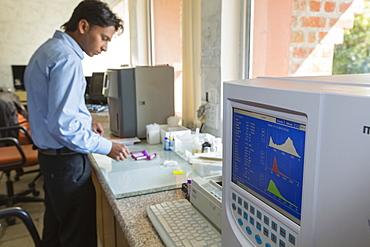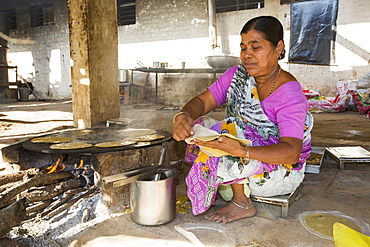Recent searches
Loading...
1350-6072 - Mobile clinic for Syrian refugees, run by Boat Refugee Foundation in Lesbos, Greece
1350-6084 - Mobile clinic for Syrian refugees in Moria camp, run by Boat Refugee Foundation in Lesbos, Greece
1350-6097 - shades being distributed by Boat Refugee Foundation in Tara Tepe refugee camp in Greece
1350-6083 - shades being distributed by Boat Refugee Foundation in Tara Tepe refugee camp in Greece
1350-6096 - shades being distributed by Boat Refugee Foundation in Tara Tepe refugee camp in Greece
1350-6081 - Mobile clinic for Syrian refugees, run by Boat Refugee Foundation in Lesbos, Greece
1350-6068 - Mobile clinic for Syrian refugees in Moria camp, run by Boat Refugee Foundation in Lesbos, Greece
1350-6070 - Mobile clinic for Syrian refugees, run by Boat Refugee Foundation in Lesbos, Greece
1350-5852 - medical care to victims of the floods in pakistan
1350-5853 - medical care to victims of the floods in pakistan
1350-5619 - health care at the MSF OCA hospital in Bossangoa, central african republic
1350-5854 - medical care to victims of the floods in pakistan
1350-5849 - medical care to victims of the floods in pakistan
1350-5851 - medical care to victims of the floods in pakistan
1350-5618 - health care at the MSF OCA hospital in Bossangoa, central african republic
1350-5850 - medical care to victims of the floods in pakistan
1350-5810 - emergency health care in Mpoko refugeecamp (airport) in CAR
1348-4888 - Humanitarian Medical Aide, Heart Sonogram
1348-4897 - Humanitarian Medical Aide, Heart Sonogram
1348-4889 - Humanitarian Medical Aide, Nurse with Child
1348-4901 - Humanitarian Medical Aide, Doctor Examines Scared Hands
1350-2901 - Temporary shelters within the refugee camps of the Danakil Depression, Ethiopia. Danakil Depression, Ethiopia
1350-2900 - A sign for the Goal Ethiopia Berahle Refugee Camp in Danakil Depression, Ethiopia
857-94778 - A foamy ocean wave crashing in the early morning dawn light.
857-94641 - The Muni Seva Ashram in Goraj, near Vadodara, India, is a tranquil haven of humanitarian care. The Ashram is hugely sustainable, next year it will be completely carbon neutral. Its first solar panels were installed in 1984, long before climate change was on anyones agenda. Their energy is provided from solar panels, and wood grown on the estate. Waste food and animal manure is turned inot biogas to run the estates cars and also used for cooking. Solar cookers are also used, and the air conditioning for the hospital is solar run. 70 % of the food used is grown on the estate. They provide an orphanage, schools for all ages, vocational training, care for the elderly, a specialist cancer hospital withstate of the art machinary, and even have a solar crematorium. This shot shows solar panels that focus the suns rays on heat exchangers to boil oil, which is then sent down to the kitchens below to heat the cookers.
911-10939 - In mid January 2015, a three day period of excessive rain brought unprecedented floods to the small poor African country of Malawi. It displaced nearly quarter of a million people, devastated 64,000 hectares of land, and killed several hundred people. This shot shows A Medicin Sans Frontieres clinic in Makhanga testing local people for malaria, many of whom proved positive for the disease, as a result of the drying up flood waters providing ideal breeding grounds for mosquitoes.
911-10948 - In mid January 2015, a three day period of excessive rain brought unprecedented floods to the small poor African country of Malawi. It displaced nearly quarter of a million people, devastated 64,000 hectares of land, and killed several hundred people. This shot shows A Russian Mi8 helicopter being used by the United Nations, World Food Program to deliver food aid to areas still cut off by the flooding around Makhanga and Bangula.
911-10940 - January 2015 saw a three day period of excessive rain which brought unprecedented floods to the small poor African country of Malawi. It displaced nearly quarter of a million people, devastated 64,000 hectares of land, and killed several hundred people. This shot shows A Medicin Sans Frontieres clinic in Makhanga testing local people, many of whom now have malaria, as a result of the drying up flood waters providing ideal breeding grounds for mosquitoes.
911-10949 - In mid January 2015, a three day period of excessive rain brought unprecedented floods to the small poor African country of Malawi. It displaced nearly quarter of a million people, devastated 64,000 hectares of land, and killed several hundred people. This shot shows A Russian Mi8 helicopter being used by the United Nations, World Food Program to deliver food aid to areas still cut off by the flooding, around Bangula and Mkhanga.
911-10941 - January 2015 saw a three day period of excessive rain which brought unprecedented floods to the small poor African country of Malawi. It displaced nearly quarter of a million people, devastated 64,000 hectares of land, and killed several hundred people. This shot shows A Medicin Sans Frontieres clinic in Makhanga providing Malaria treatment drugs to local people, many of whom now have malaria, as a result of the drying up flood waters providing ideal breeding grounds for mosquitoes.
911-10638 - The Muni Seva Ashram in Goraj, near Vadodara, India, is a tranquil haven of humanitarian care. The Ashram is hugely sustainable, next year it will be completely carbon neutral. Its first solar panels were installed in 1984, long before climate change was on anyones agenda. Their energy is provided from solar panels, and wood grown on the estate. Waste food and animal manure is turned inot biogas to run the estates cars and also used for cooking. Solar cookers are also used, and the air conditioning for the hospital is solar run. 70 % of the food used is grown on the estate. They provide an orphanage, schools for all ages, vocational training, care for the elderly, a specialist cancer hospital withstate of the art machinary, and even have a solar crematorium. This shot shows the girls school.
911-10637 - The Muni Seva Ashram in Goraj, near Vadodara, India, is a tranquil haven of humanitarian care. The Ashram is hugely sustainable, next year it will be completely carbon neutral. Its first solar panels were installed in 1984, long before climate change was on anyones agenda. Their energy is provided from solar panels, and wood grown on the estate. Waste food and animal manure is turned inot biogas to run the estates cars and also used for cooking. Solar cookers are also used, and the air conditioning for the hospital is solar run. 70 % of the food used is grown on the estate. They provide an orphanage, schools for all ages, vocational training, care for the elderly, a specialist cancer hospital withstate of the art machinary, and even have a solar crematorium. This shot shows a woman planting trees for onward growth in the Ashrams forests.
911-10636 - The Muni Seva Ashram in Goraj, near Vadodara, India, is a tranquil haven of humanitarian care. The Ashram is hugely sustainable, next year it will be completely carbon neutral. Its first solar panels were installed in 1984, long before climate change was on anyones agenda. Their energy is provided from solar panels, and wood grown on the estate. Waste food and animal manure is turned inot biogas to run the estates cars and also used for cooking. Solar cookers are also used, and the air conditioning for the hospital is solar run. 70 % of the food used is grown on the estate. They provide an orphanage, schools for all ages, vocational training, care for the elderly, a specialist cancer hospital withstate of the art machinary, and even have a solar crematorium. This shot shows a Varian nuclear proton therapy machine in the specialist cancer hospital.
911-10641 - The Muni Seva Ashram in Goraj, near Vadodara, India, is a tranquil haven of humanitarian care. The Ashram is hugely sustainable, next year it will be completely carbon neutral. Its first solar panels were installed in 1984, long before climate change was on anyones agenda. Their energy is provided from solar panels, and wood grown on the estate. Waste food and animal manure is turned inot biogas to run the estates cars and also used for cooking. Solar cookers are also used, and the air conditioning for the hospital is solar run. 70 % of the food used is grown on the estate. They provide an orphanage, schools for all ages, vocational training, care for the elderly, a specialist cancer hospital withstate of the art machinary, and even have a solar crematorium. This shot shows the solar air conditioning for the Ashram's hospital.
911-10639 - The Muni Seva Ashram in Goraj, near Vadodara, India, is a tranquil haven of humanitarian care. The Ashram is hugely sustainable, next year it will be completely carbon neutral. Its first solar panels were installed in 1984, long before climate change was on anyones agenda. Their energy is provided from solar panels, and wood grown on the estate. Waste food and animal manure is turned inot biogas to run the estates cars and also used for cooking. Solar cookers are also used, and the air conditioning for the hospital is solar run. 70 % of the food used is grown on the estate. They provide an orphanage, schools for all ages, vocational training, care for the elderly, a specialist cancer hospital withstate of the art machinary, and even have a solar crematorium. This shot shows solar panels that focus the suns rays on heat exchangers to boil oil, which is then sent down to the kitchens below to heat the cookers.
911-10635 - The Muni Seva Ashram in Goraj, near Vadodara, India, is a tranquil haven of humanitarian care. The Ashram is hugely sustainable, next year it will be completely carbon neutral. Its first solar panels were installed in 1984, long before climate change was on anyones agenda. Their energy is provided from solar panels, and wood grown on the estate. Waste food and animal manure is turned inot biogas to run the estates cars and also used for cooking. Solar cookers are also used, and the air conditioning for the hospital is solar run. 70 % of the food used is grown on the estate. They provide an orphanage, schools for all ages, vocational training, care for the elderly, a specialist cancer hospital withstate of the art machinary, and even have a solar crematorium. This shot shows a Hematology Analyzer for analyzing blood in one of the labs in the specialist cancer hospital.
911-10640 - The Muni Seva Ashram in Goraj, near Vadodara, India, is a tranquil haven of humanitarian care. The Ashram is hugely sustainable, next year it will be completely carbon neutral. Its first solar panels were installed in 1984, long before climate change was on anyones agenda. Their energy is provided from solar panels, and wood grown on the estate. Waste food and animal manure is turned inot biogas to run the estates cars and also used for cooking. Solar cookers are also used, and the air conditioning for the hospital is solar run. 70 % of the food used is grown on the estate. They provide an orphanage, schools for all ages, vocational training, care for the elderly, a specialist cancer hospital withstate of the art machinary, and even have a solar crematorium. This shot shows a cook preparing chapatis on a biofuel stove.
857-33533 - On the the road to the Allai Valley, men try to push a truck that is stuck in mud and landslide debris and which is blocking other trucks full of humanitarian aid and earthquake survivors returning to their mountain villages, Battagram District, Pakistan's Northwest Frontier Province. The region was one of the worst-hit by the October 2005 earthquake, and aftershocks and heavy rains continue to trigger landslides, which have hampered reconstruction efforts and the return of earthquake survivors to their mountain villages from the low altitude tent camps where many spent the winter.
911-1184 - A shelter box for humanitarian aid, Eden Project, Cornwall, England, United Kingdom, Europe
817-350380 - building of WIPO, World Intelectual Property Organization, Geneva, Switzerland
You reached the end of search results
